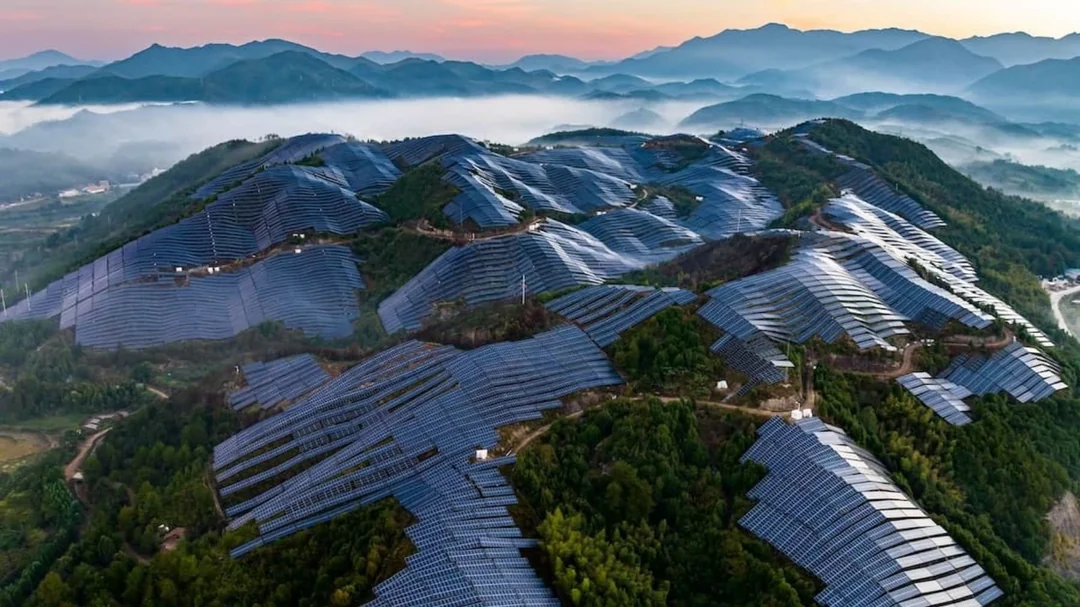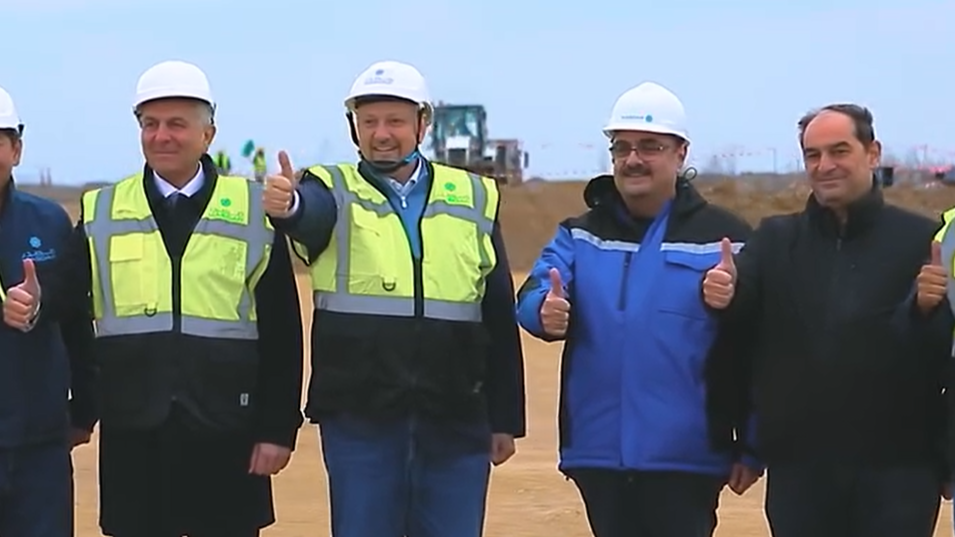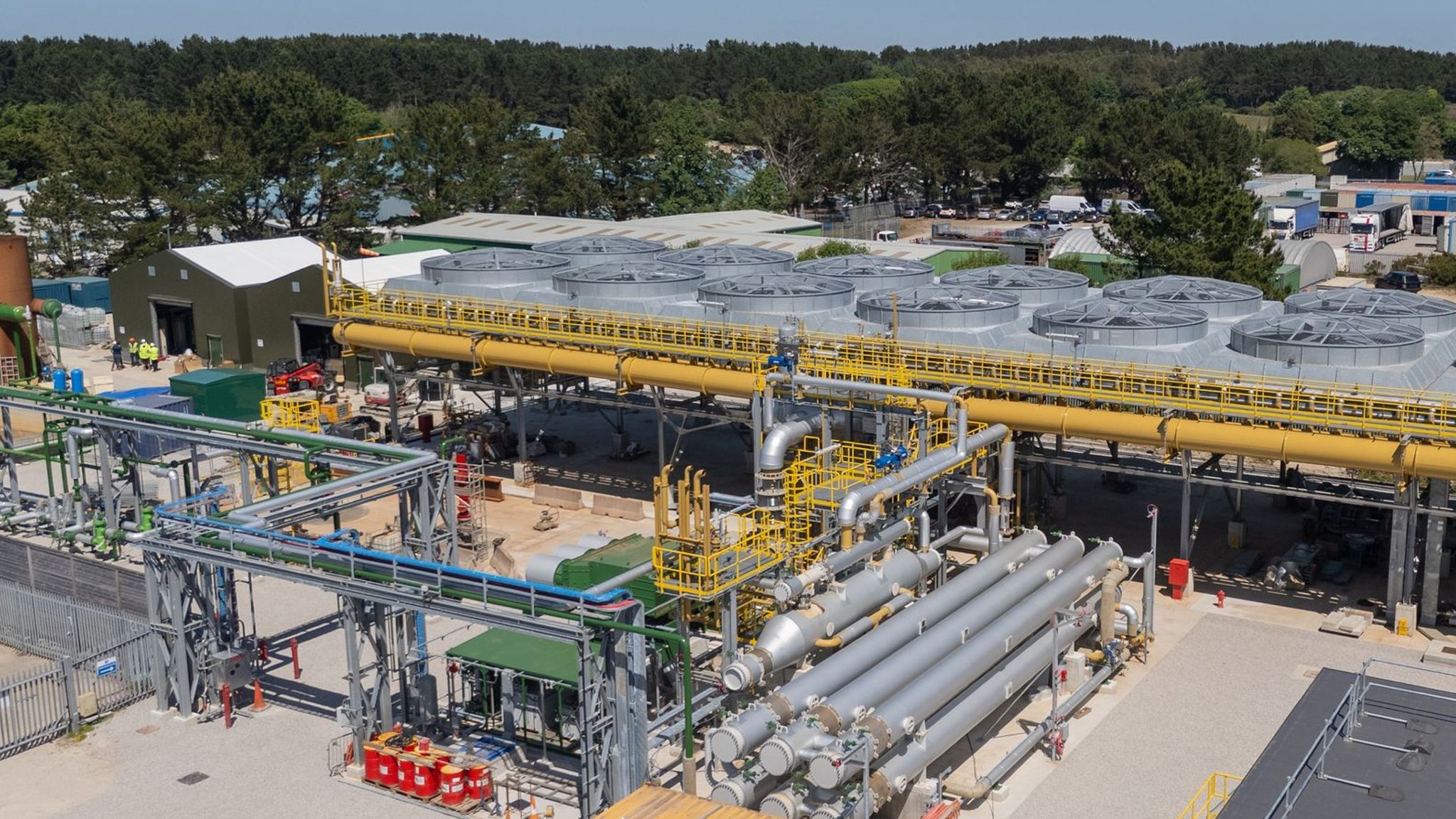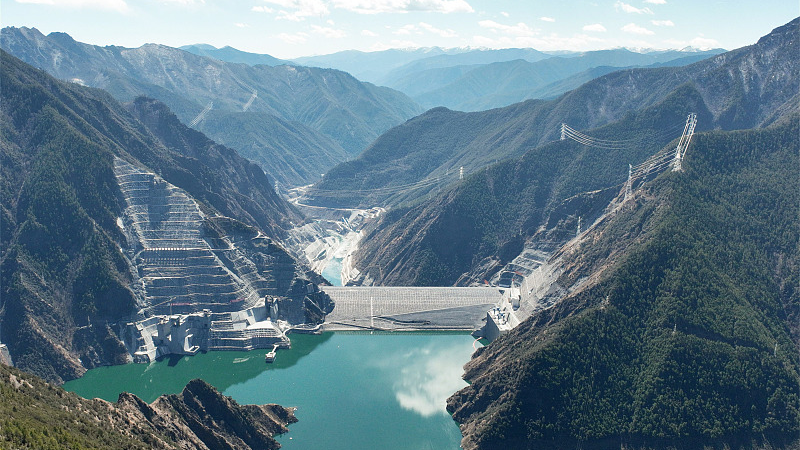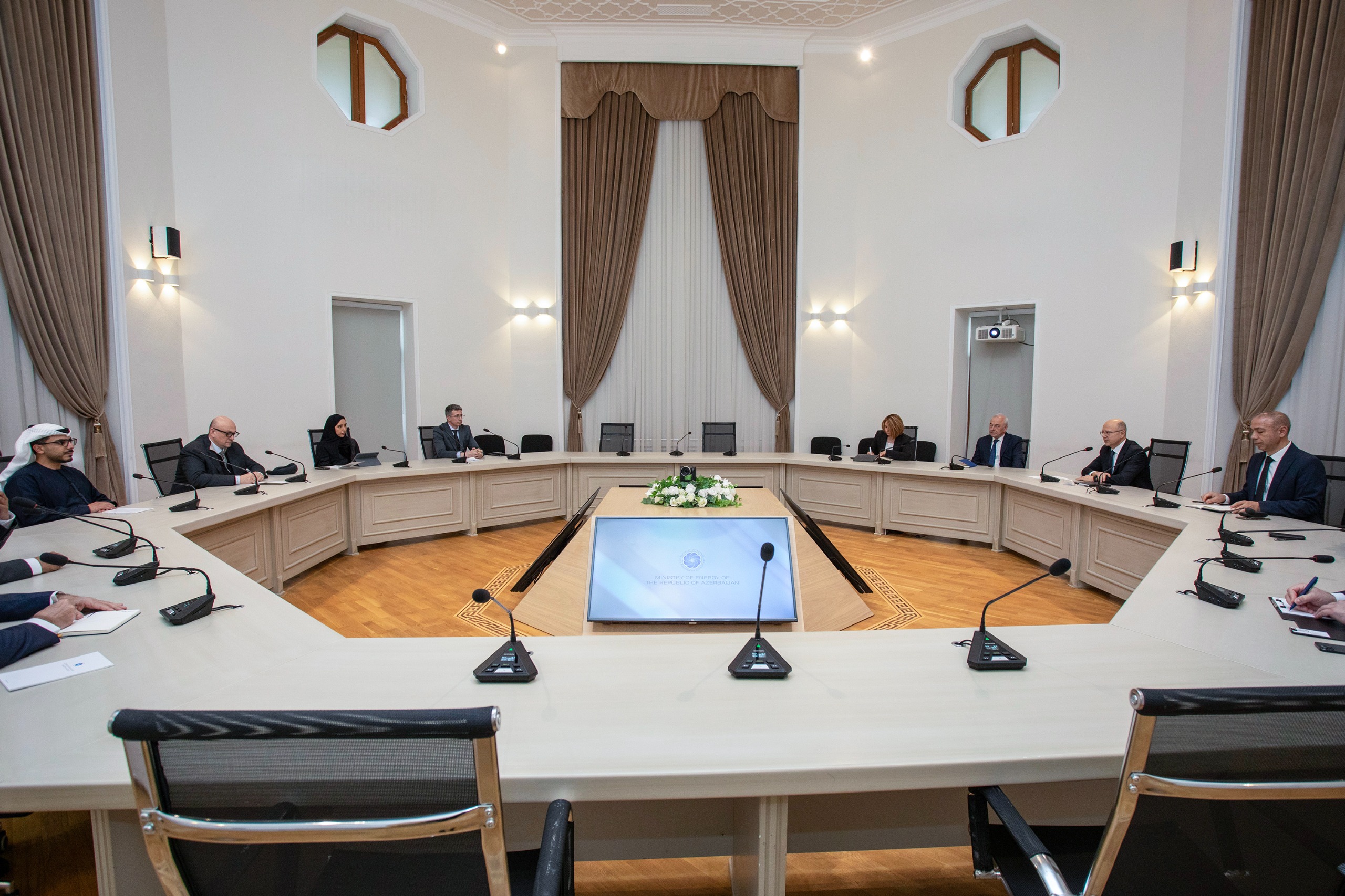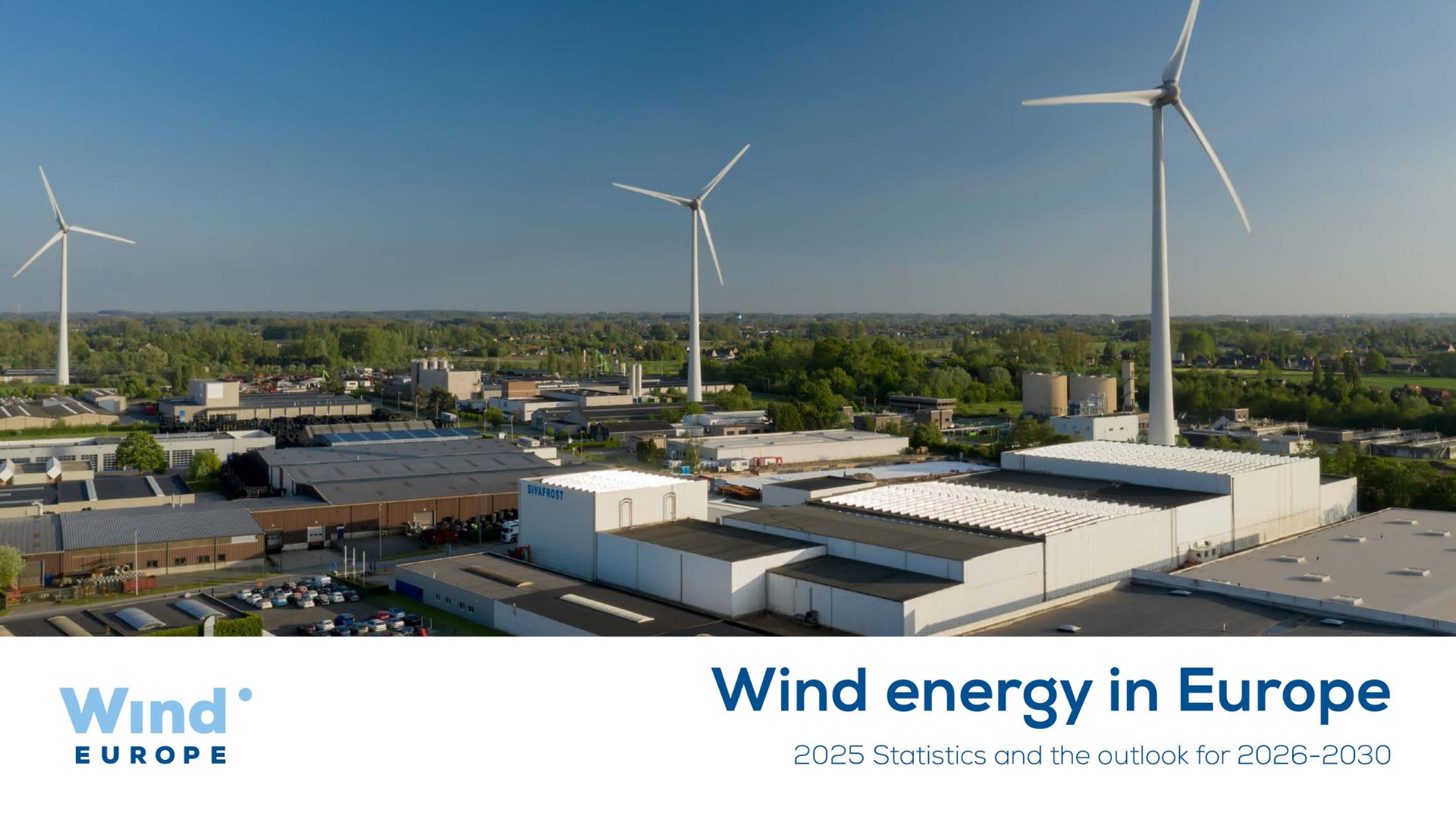China's efforts to curb industrial overcapacity face their first test in the indebted and bloated polysilicon sector, a key cog in solar cell production, where analysts say it is easiest for Beijing to intervene but still difficult to succeed.
Under the plan, devised by industry players in the presence of Chinese regulators, big producers will pool 50 billion yuan ($7 billion) to buy out the least efficient facilities and shut them down, then form a cartel to halt relentless price wars.
Ideally, when prices rise, the loss-making producers will turn profitable and reimburse the debt incurred in the process. Reduced output and higher polysilicon costs would force solar panel makers - which can produce roughly twice as much annually as the world buys and have been a source of trade tensions between China and the West - to consolidate.
But analysts see risks at every stage of this plan.
First, it is unclear if the industry can agree who's in or who's out of the cartel.
GCL Technology Holdings, one of the biggest producers, said earlier this month cartel planning was close to wrapping up but declined to provide details of the other participants.
Banks - whose incentive to finance this acquisition is to ensure that what they rate as a "safe" sector doesn't turn to "risky" - would likely be involved in the process, said Dan Wang, China director at Eurasia Group.
Analysts warn local authorities, who have strived to fulfil Beijing's strategic green energy vision by handing out subsidies, tax breaks and cheap land to the sector, may not want the solar supply chains on their turf to shut.
"Which local government is going to let go of their industry first?" said Max Zenglein, senior economist for the Asia-Pacific at The Conference Board research group. "They're going to be very cautious."
Finally, even if the cartel does form, any success creates the conditions for failure: after prices climb, members might be tempted to raise output and reap the profits.
Reformers face all these risks despite the industry having fewer players and fewer supply chain inputs than most other sectors in the world's second-largest economy, where overcapacity is endemic and deflationary, and threatens trade relations and long-term growth.
"Success is hardly a foregone conclusion," Gavekal Dragonomics analysts Tilly Zhang and Wei He said in a note.
If the overcapacity crackdown "fails to get traction in polysilicon, it will struggle in the many other industries" where the government has less capacity to foster swift changes, they said.
GCL's peer Tongwei declined to comment. Polysilicon producers Daqo New Energy and TBEA did not respond to requests for comment.
The solar and metals industry associations, the National Development and Reform Commission (NDRC)- China's state planner - and the Ministry of Industry and Information Technology also did not respond to requests for comment.


